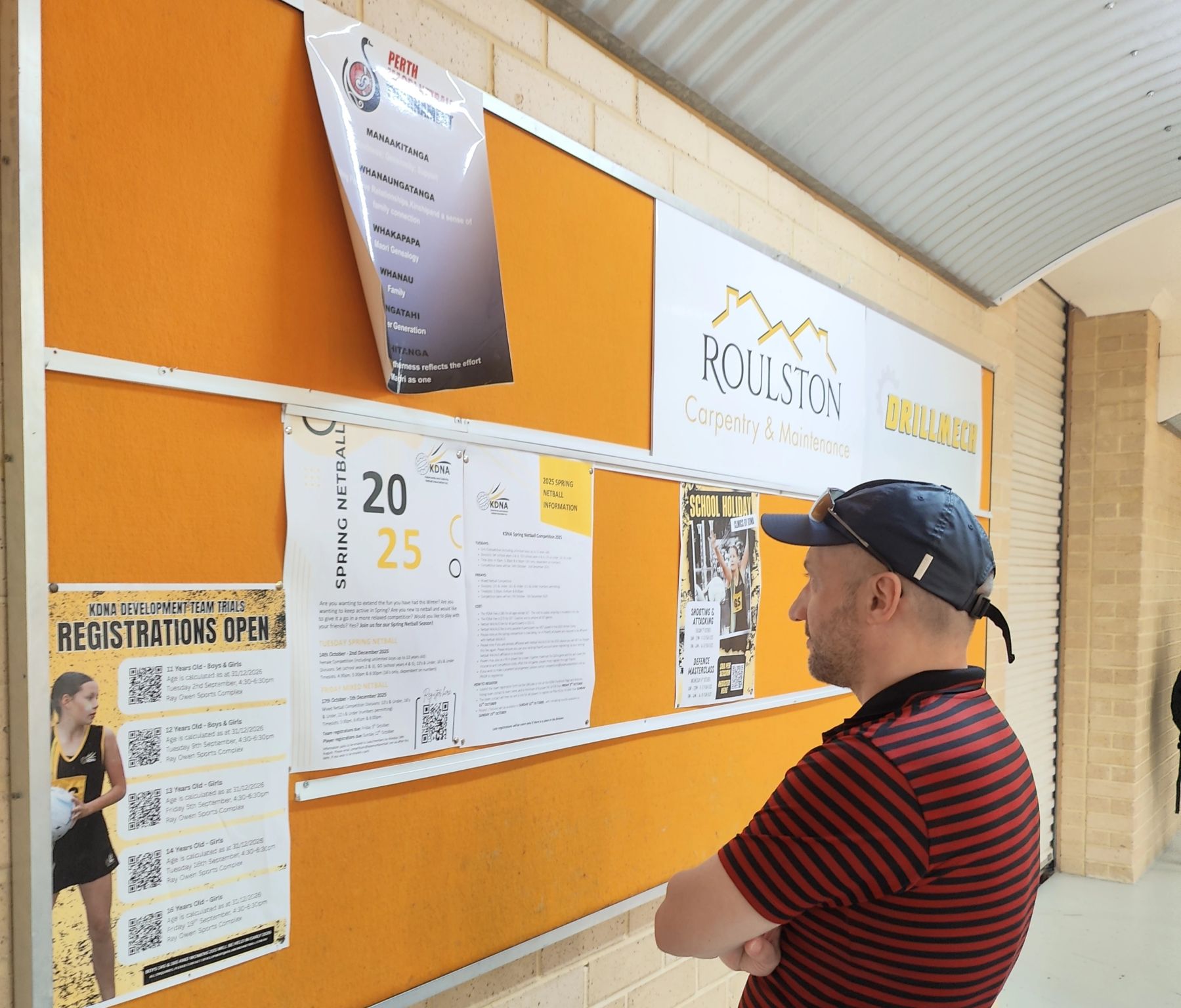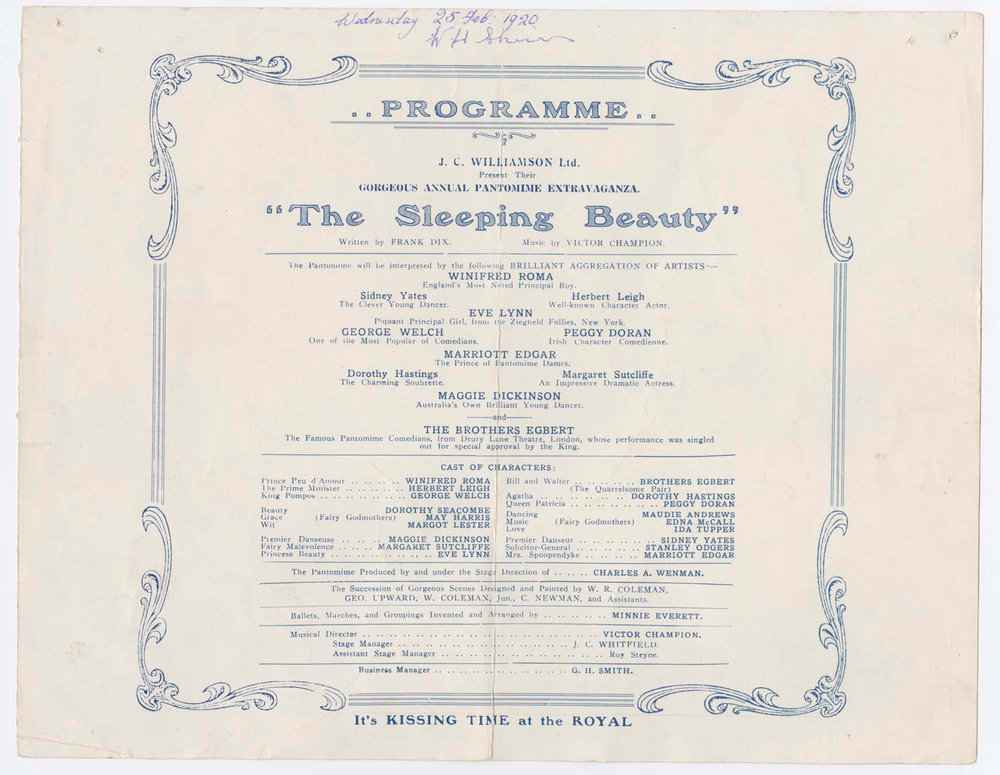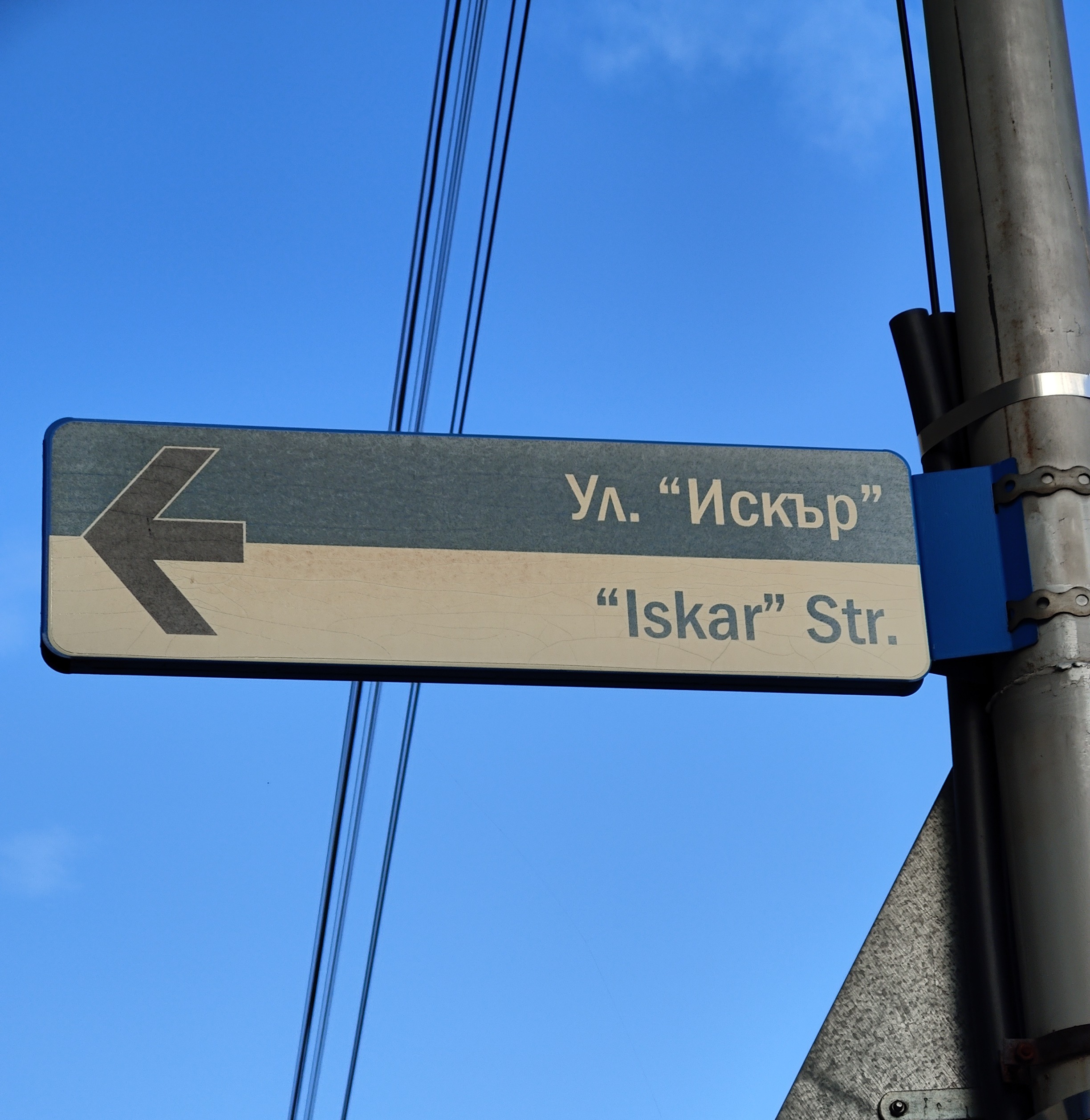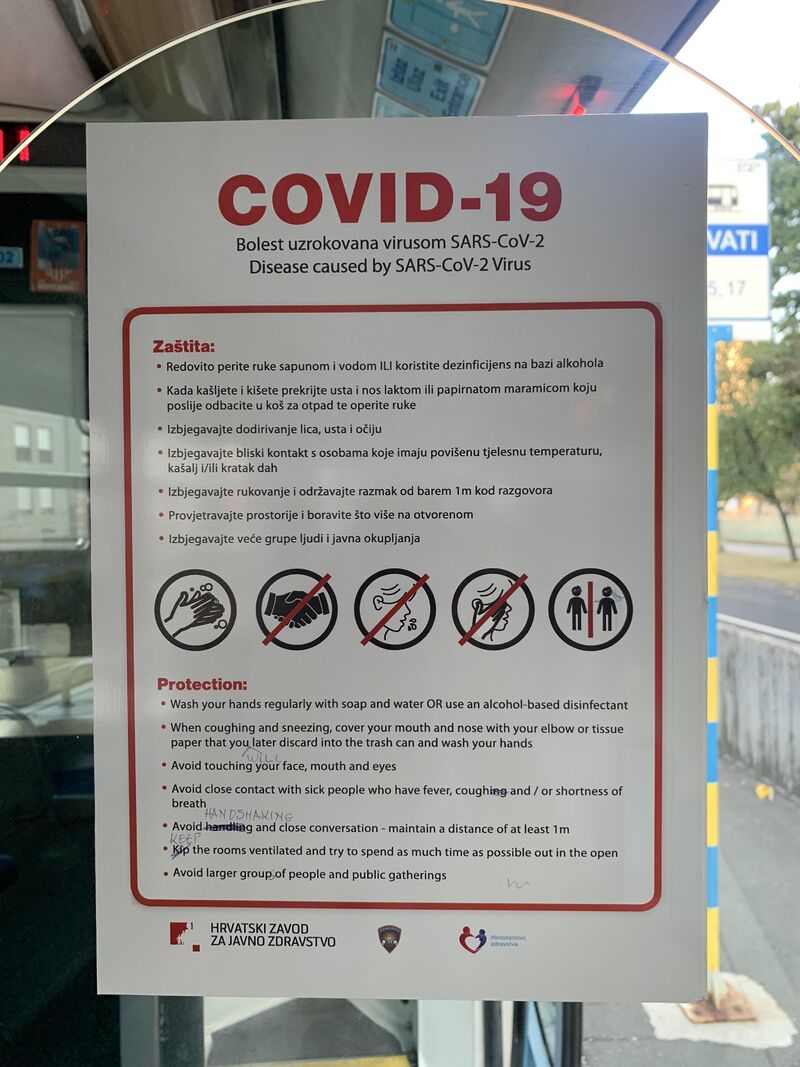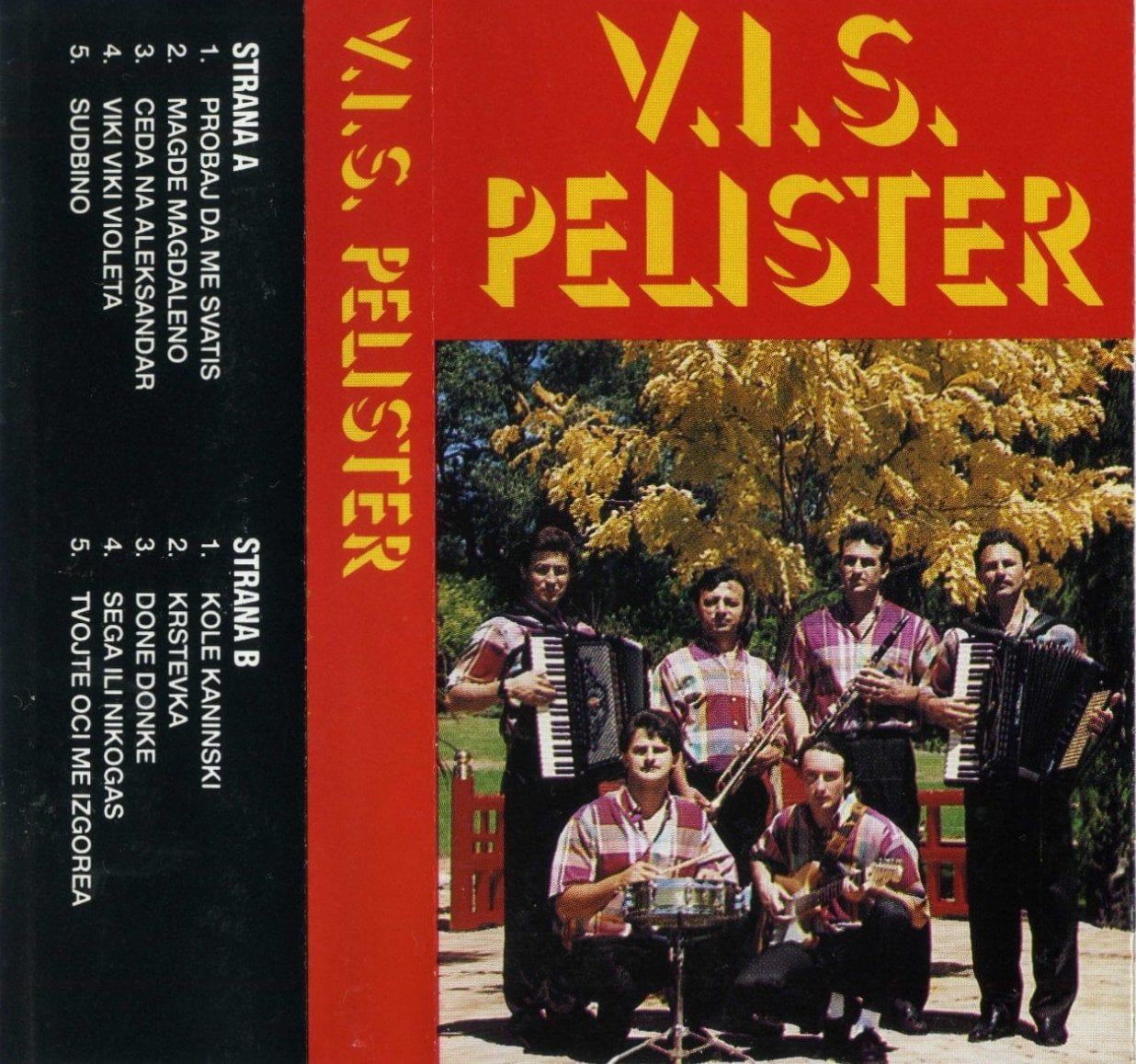Ja sam kao svaka druga žena koja radi od 7 do 3...
"I'm like every other woman who works from 7 to 3..."
A famous singer said this on a TV show earlier this year, emphasising how she's your regular working gal.
No, it wasn't Dolly Parton getting here the lyrics muddled in her famous song, 9 to 5, signifying the usual work hours for your average office job in countries such as her native USA. '7 to 3' here does have the same meaning though as '9 to 5', just that it was a singer from Serbia who said the above line 👆. OK, it was Sanja Maletić who said this, if you need to know.
For decades, the average workday for offices and public enterprises in (ex-)Yugoslavia was 7 am to 3 pm. The reasons for these hours included:
💼 Yugoslavia's location on the eastern edge of the Central European time zone, resulting in early sunrises and sunsets
💼 Approximated the previous hours peasants worked in the fields
💼 Accommodated the local tradition for having the main meal of the day mid-afternoon
💼 Allowed sufficient time for workers to tend to their own garden plots after work
While the saying '7 to 3' denoting an average work day persists in the region, these work hours are not as 'usual' as before. In the past 2 decades, many (though not all) government offices, public enterprises and other businesses in the region have moved to a 9-to-5 day to match that in many other parts of Europe. Still, many people in the region firmly advocate their preference for a 7-to-3 day.
So when translating the above line into English, a literal translation won't mean anything. It should be "I'm like every other woman who works from 9 to 5..."
Needing to have your text translated from Serbian into perfect, idiomatic English? Talk to me! Email me at info@nicknasev.com and we can discuss how I can get your message across in the best possible way. And I'm available beyond 7 to 3 or 9 to 5!






























































































.%20A%20day%20of%20campaigning%20%E2%99%80%20%E2%80%A6%20or%20a%20day%20to%20buy%20flowers%20%F0%9F%92%90.jpg)

